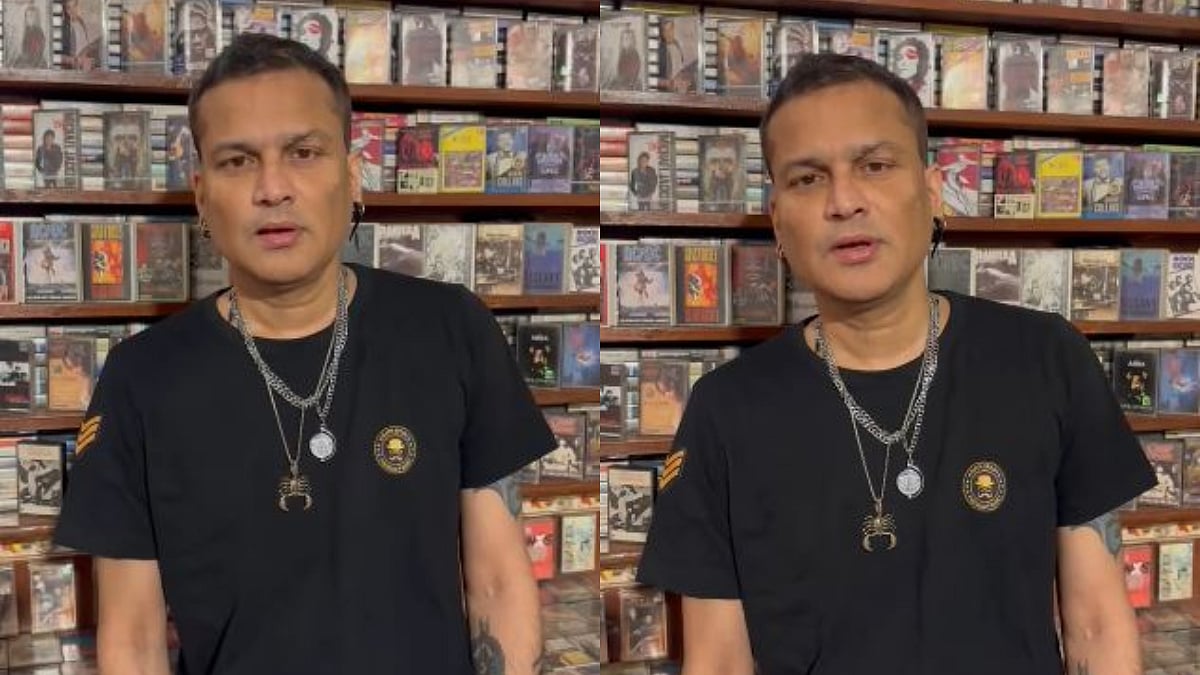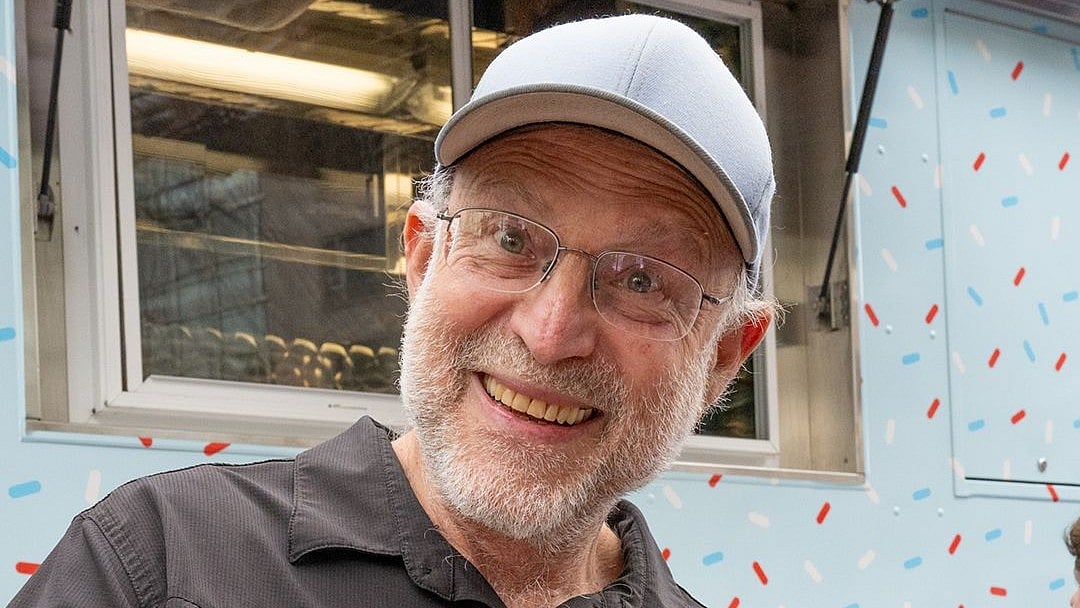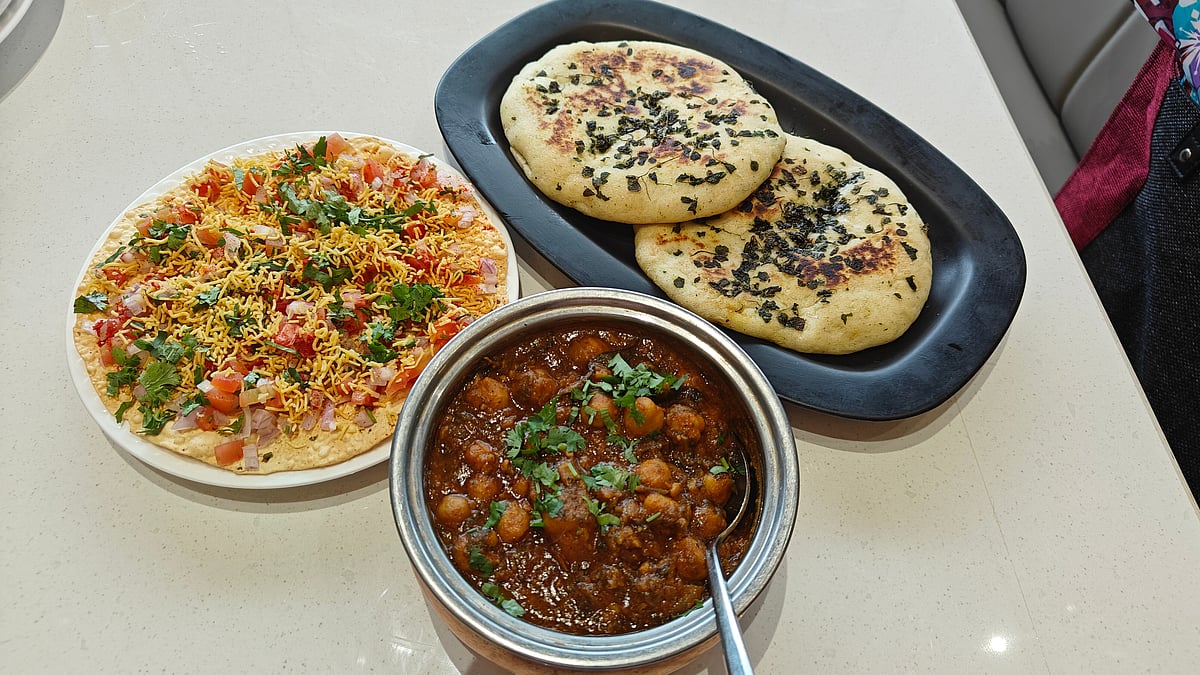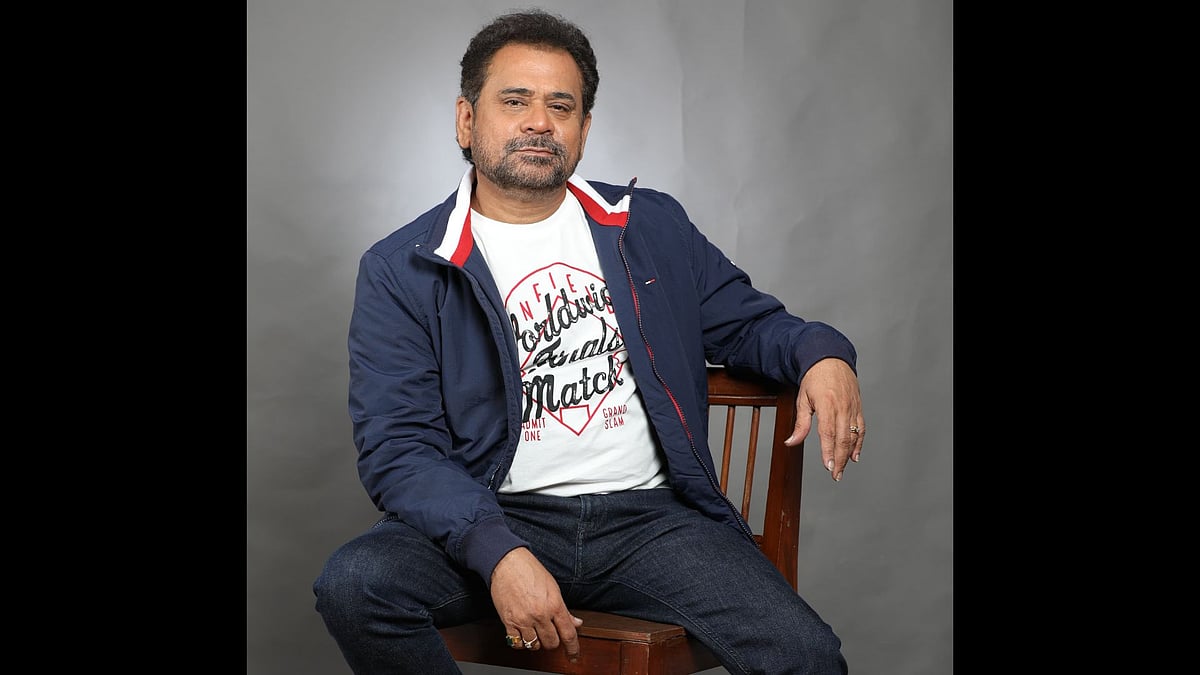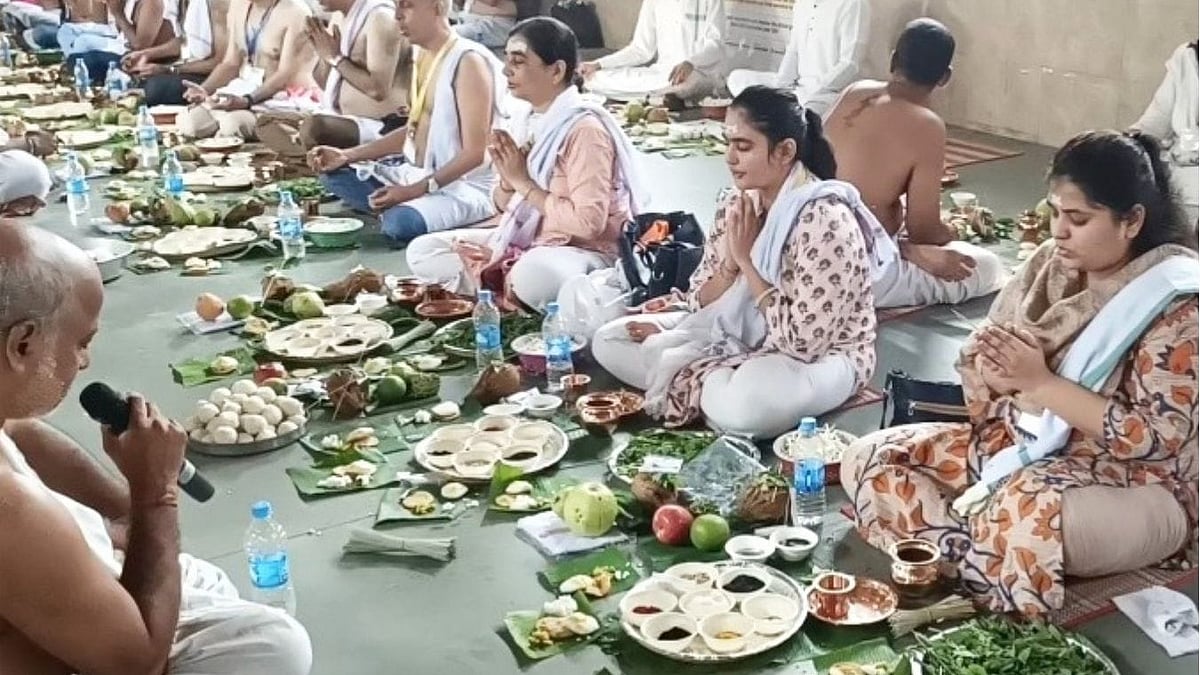For quite some time, fans of Delhi-based fusion-rock band Indian Ocean have been awaiting the release of their new album. After all, their last record Tandanu was released in 2014, and though they had some film projects, some new live numbers and a reworked version of the popular Sufi song Akhiyan Udeek Diyan, an entire album of fresh material was long overdue.
Rahul Ram, the band’s vocalist and bassist, finally revealed last month that the studio version and video of Jaadu Maya (which they have performed live earlier) would be out on April 14, and the entire album Tu Hai could be heard on streaming platforms on May 5. To add to the excitement of fans, a nine-concert tour was announced, with a show at Mumbai’s Phoenix Marketcity on May 20.
This is music to the ears. But before talking of the new release, let’s look at the band’s evolution and contribution. Clearly, Indian Ocean has been one of the gamechangers in popular Indian music since their self-titled debut album in 1993. The group has pioneered an entirely new sound, blending Indian folk and semi-classical music with rock and jazz. Despite the changes in line-up, specially after the untimely death of tabla player-vocalist Asheem Chakravarty in 2009 and the exit of guitarist Susmit Sen in 2013, the band has maintained its core fan base. It has also been an influence, direct or sub-conscious, on later groups like Advaita, Swarathma, The Local Train and Parvaaz.
Indian Ocean admirers are a motley bunch. A large chunk has been from various campuses, youngsters who’ve seen them and hummed their songs at college festivals. Then, there are the working people in their 20s and 30s, who listen to independent Indian music. And there are old-time loyalists who heard the first band in the 1990s, and continue to revisit albums like Kandisa and Jhini, or the Black Friday and Masaan soundtracks.
The band has had its weak moments too, as it took a while to come back after the departure of two members. But Rahul and drummer Amit Kilam persevered, finding replacements in vocalist Himanshu Joshi, guitarist Nikhil Rao and tabla player-percussionist Tuheen Chakravorty. Yet, as is obvious from the gap between albums, elongated by the pandemic, the band has been less prolific for almost a decade. Hopefully, that will change over the next few years, as one has to move on.
Indian Ocean’s biggest advantage has been the strength of its repertoire. It has a large chunk of songs that people can sing along to, whether at concerts or while played in the car or at home. If one were to prepare a playlist of 10 such songs released before Tu Hai, one may mention Desert Rain, Kandisa, Ma Rewa, Jhini, Bhor, Bandeh, Bharam Bhaap Ke, Sone Ki Nagri, Des Mera, and Behney Do. These are arguably the most popular ones, and diehard fans will obviously have their own additions. The best thing is that these songs are very Indian and earthy.

That brings us to the new album Tu Hai. Many Indian Ocean songs have a signature style, and that is pretty recognisable in the opener Jaadu Maya. On first listen, it may seem vaguely similar to Bharam Bhaap Ke, but regular hearing will reveal its individuality. Varun Grover’s words talk of a world falling apart, but yet in sight of a silver lining. Rahul and Himanshu share vocals, giving each other space and complementing each other.
The next two songs are collaborations — a practice Indian Ocean followed in the last album Tandanu. American saxophonist George Brooks appears on Jungle, which sees Rahul in his element, and ghatam maestro Vikku Vinayakram plays on Iss Tan Dhan. Both guests play in their trademark style, lending a twist to the Indian Ocean sound. The latter also uses lines from Kabir.
The two parts of the title track, talking of the role of the supreme power, are stylistically different in sound and content. While the former blends Kashmiri lines written by Amit Kilam’s mother Indira with Hindi words penned by Indian Ocean, the latter has Bulleh Shah’s poetry sung by Himanshu. It’s on these two tracks, and the concluding Rebirth, that Nikhil Rao’s guitars dazzle, and the group experiments with their sound. One looks forward to the Mumbai concert to get a taste of how the new songs sound live.



